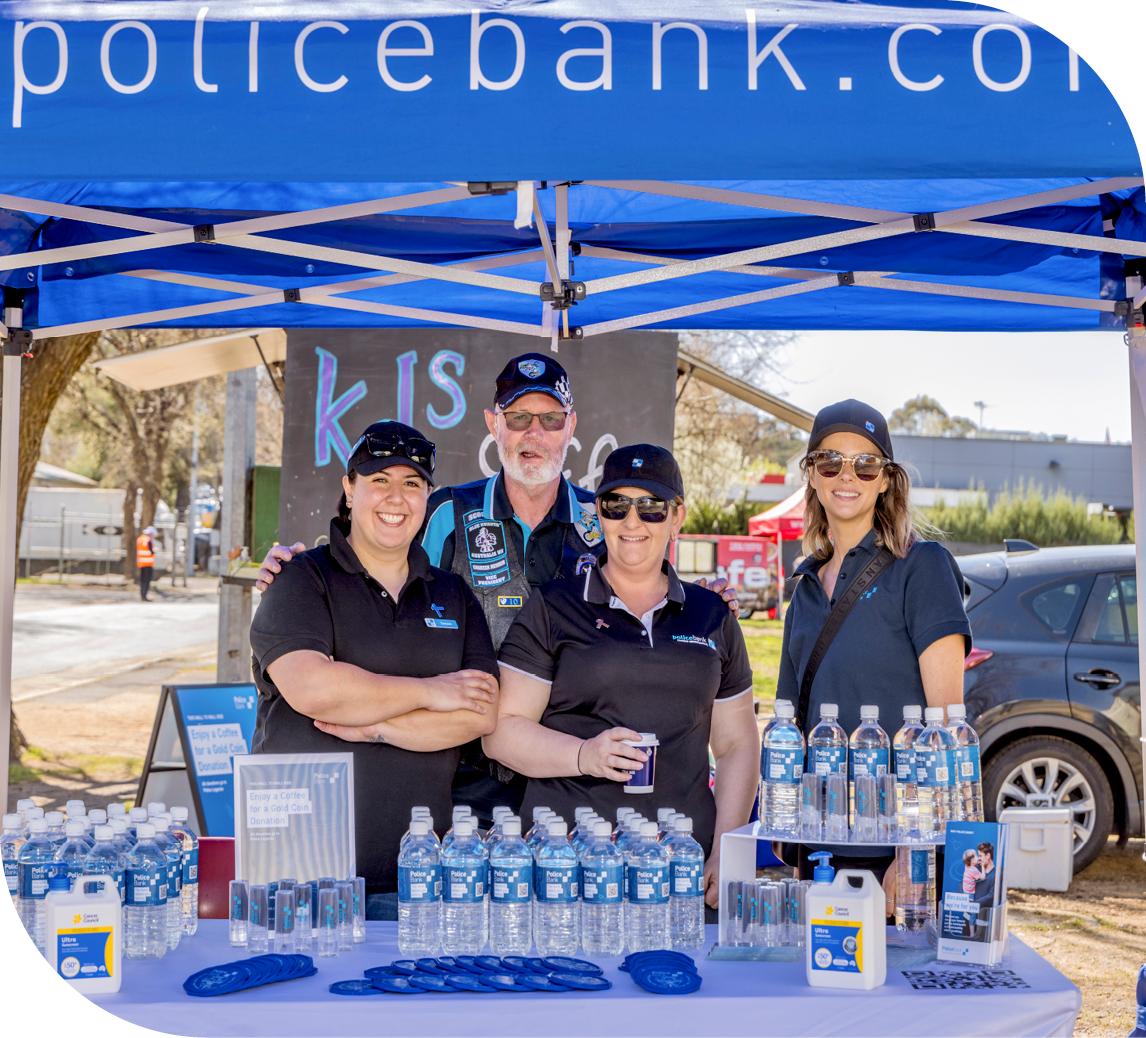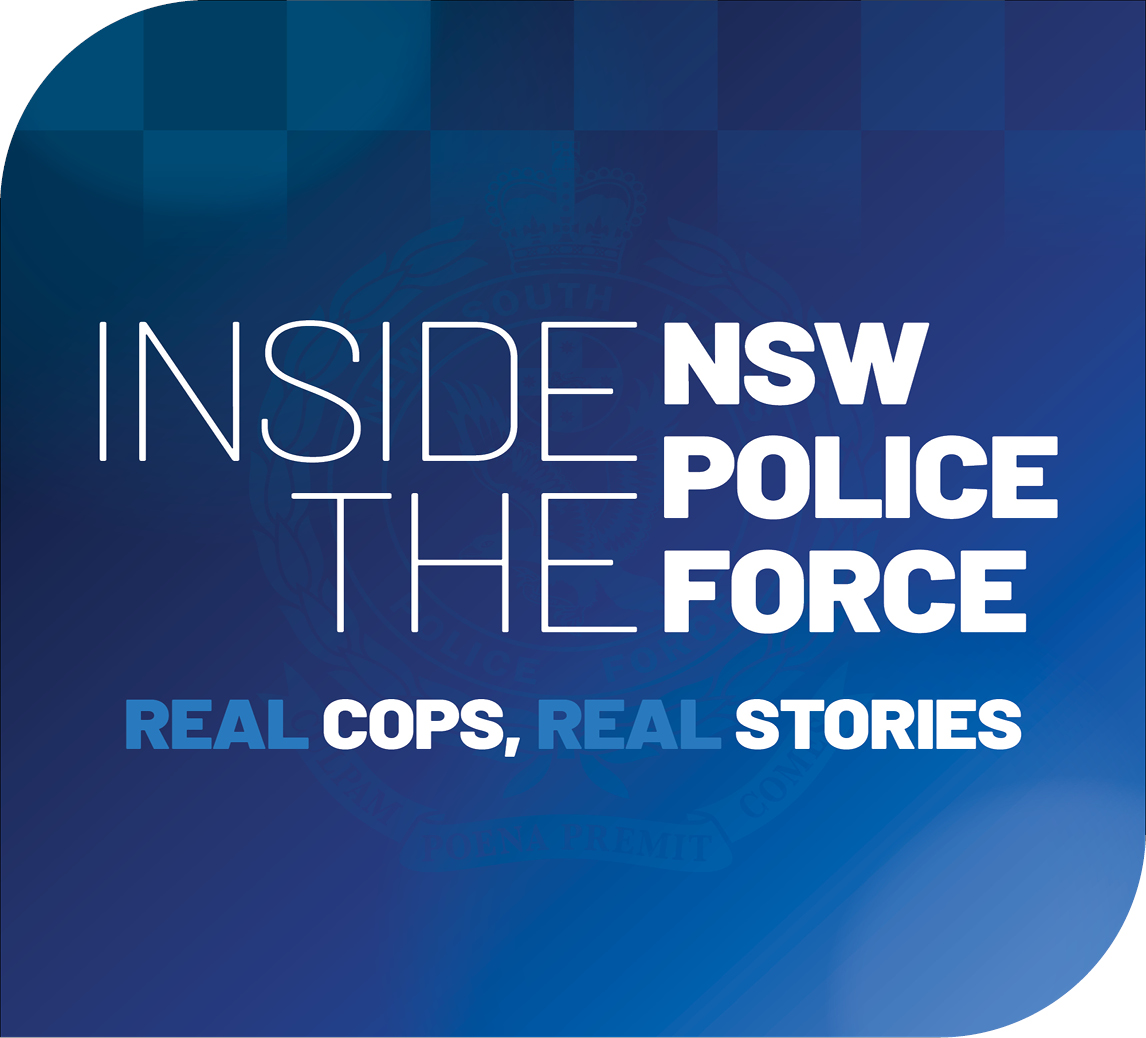If you’re looking to have a relaxing festive season, while avoiding a financial hangover, now is a top time to prepare. We’ve compiled a few tips.
If you can believe it, the countdown to the festive season is already on, with less than two months until Christmas Day.
For some of us, that means upcoming celebrations, time off, holidays and a bit more spending than is typical in other months. But the additional cash-splash can also equate to extra household stress, particularly during an already expensive year. Here are a few ideas to offset that and enjoy a budget-friendly holiday season.
1) Pre-book, pre-pay and pre-buy where possible.
Consider identifying everything you’re likely to pay for over the season and get ahead of as much as you can. For example, getting to the shops early or buying online is often the key to saving more than when purchasing gifts last minute. Similarly, you may be able to get a better deal on flights and accommodation if you book early and are flexible with when you can travel.
2) Supercharge your savings now.
With higher interest rates, now is a great time to put money aside for a January or February holiday, or even Christmas. By making regular contributions to a Police Bank Bonus Saver* or U30 Super Charge*, you’ll be rewarded for how much you stash away with higher rates.
3) Plan a budget-friendly Christmas.
There are many little ways to reduce the costs of celebrations with friends and family. Ideas include:
- Asking guests to BYO drinks and food to share
- Choosing less expensive food options, such as chicken, instead of turkey or ham
- Arranging a Kris Kringle/Secret Santa with gifts – so everyone has to buy only one present
- Setting a strict spending limit for all gifts
- Suggesting pre-loved gifts, homemade or free experiences, instead of traditional presents.
4) Have a holiday at home.
If the cost of living has made the idea of a new year holiday stressful, consider having a staycation or banking the leave for another time of year. Cities are often quieter with many people away, which means it can be easier to get to the beach or park for a picnic. Meanwhile, other times of year won’t have the Christmas premium attached, which means travel costs may be lower.
5) Live frugally in the lead-up to the holidays.
There’s still plenty of time left in the year to make some meaningful lifestyle changes that could add extra dollars to your bank accounts. If you enjoy a weekly meal out, you could consider ditching that until the new year. Or, if you’re partial to a wine or beer, you could have an alcohol-free November and December to save some extra cash. There’s also the option of cutting back on subscriptions, then binge-watching shows during time off, and replacing a gym membership with a jog, walk or park bodyweight session.
In other words, there are lots of small swaps that could put hundreds into the holiday budget.
Police Bank Ltd ABN 95 087 650 799 ACL and AFSL 240018.
This article is general advice only and does not take into account your objectives, financial situation and needs. Before acting on the information, you should consider whether it is right for you. Before making any decision to acquire any product or service you should obtain and consider the relevant Terms & Conditions.
*Terms, conditions, and eligibility criteria apply and are available at policebank.com.au or by calling 131 728. Interest Rates may vary and are subject to change.











